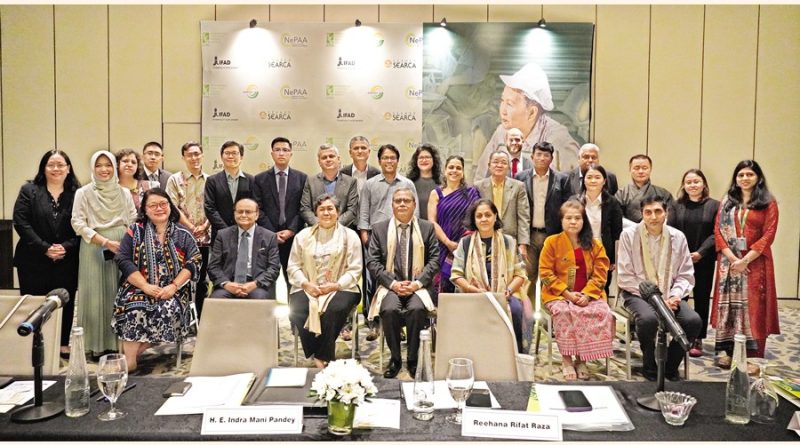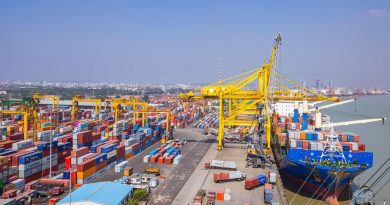Policymakers, researchers, and development partners from ASEAN and BIMSTEC countries have come together in Jakarta for a two-day policy roundtable and inception workshop focused on sustainable transformation of agri-food systems across Asia.
Held on August 4–5 in the Indonesian capital, the event was jointly organised by the International Food Policy Research Institute (IFPRI), the International Fund for Agricultural Development (IFAD), the Bay of Bengal Initiative for Multi-Sectoral Technical and Economic Cooperation (BIMSTEC), the Southeast Asian Regional Center for Graduate Study and Research in Agriculture (SEARCA), and the Network of Policy Advisors and Analysts (NePAA).
The highlight of the event was the formal launch of a new regional initiative titled ‘Ensuring Inclusiveness, Sustainability, and Efficiency of Food System Transformation in ASEAN and BIMSTEC countries’ (ATMI-II). The initiative aims to support countries in designing and implementing policies that promote inclusive, climate-resilient, and market-integrated agri-food systems.
In a recorded address, ASEAN Secretary-General Dr Kao Kim Hourn stressed the importance of regional partnerships. “Regional cooperation — grounded in shared values, mutual respect, and sustainability — is essential to addressing both immediate and long-term challenges in food and agriculture. Initiatives like ATMI-II are timely and vital in supporting this transformation,” he said.
Echoing the call for collaboration, BIMSTEC Secretary-General Mr Indra Mani Pandey stated, “ATMI-II is a significant step in enhancing farmer incomes, strengthening food and nutrition security, and building climate-resilient value chains. BIMSTEC is committed to supporting regional cooperation that drives agricultural transformation and economic growth.”
The initiative will cover select ASEAN and BIMSTEC member states, including Bangladesh, Bhutan, India, Nepal, the Philippines, Thailand, and Vietnam, focusing on structural and institutional reforms to improve agri-food market efficiency and equity.
The Jakarta event was structured in two segments: a high-level policy roundtable and a technical inception workshop. Participants included senior officials from ASEAN and BIMSTEC Secretariats, representatives of IFAD and IFPRI, national governments, regional think tanks, and civil society organisations.
Key topics included smallholder inclusion, integration into regional value chains, and climate-smart agricultural policy design. With over 30 representatives in attendance from across government, academia, and the private sector, the event laid the groundwork for collaborative efforts to align food systems transformation with broader regional objectives of resilience, sustainability, and economic integration.
The second day focused on technical sessions and joint agenda-setting for the initiative’s implementation phase.






